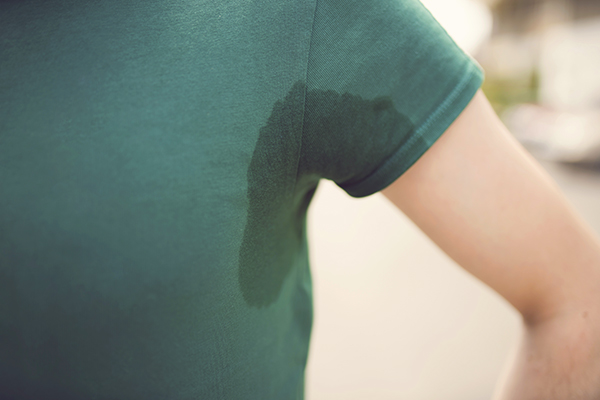Deodorant vs. Antiperspirant: Which Should You Choose?

Fun fact: Sweat doesn’t stink. It’s actually odorless until it combines with bacteria living in your armpits.
“The smell comes from normally present bacteria breaking down sweat and body secretions,” explains Barry Goldman, M.D., a board-certified dermatologist in Manhattan.
So what’s your best defense against that unpleasant body odor — deodorant or antiperspirant?
Here’s what you need to know about how each product works, key ingredients, and how to choose the right product for you.
The Basics of Deodorant vs. Antiperspirant

First, it’s important to understand the key differences between deodorant and antiperspirant.
Deodorant
Deodorant won’t prevent sweating, but it’s designed to minimize odor.
Deodorant products may be formulated with alcohol or other antibacterial agents to help ward off the odor-causing bacteria in your pits.
They may also contain added fragrance to help mask odor.
Natural deodorants may leave out ingredients like parabens found in many mainstream deodorants. Instead, they may use essential oils, clay, aloe vera, and other plant-based ingredients as alternatives.
Antiperspirant
Like deodorant, many antiperspirants contain fragrance to mask armpit odor.
However, the main function of antiperspirants — as the name suggests — is to keep you from perspiring in the first place.
Antiperspirants are usually formulated with aluminum-based compounds, which create a temporary plug within the sweat duct that keeps sweat from reaching the skin’s surface, explains Fayne Frey, M.D. a New York-based dermatologist and founder of FryFace.
Your body typically responds by decreasing sweat production.
If there’s no sweat under your arms, then it can’t mingle with those pesky armpit bacteria to cause body odor.
You’ll also be less likely to deal with sweaty pit stains on your clothes.
Which is Safer: Deodorant or Antiperspirant?
The Food and Drug Administration (FDA) classifies deodorants as a cosmetic product, while antiperspirants are listed as an over-the-counter drug, Frey notes.
This is because antiperspirants affect how the body functions.
Some consumers have started to question whether or not it’s a good idea to prevent sweating — a natural bodily process designed to help regulate your body temperature.
Others worry that the aluminum-based compounds in antiperspirant may be absorbed into the skin and could potentially increase the risk of breast cancer.
That’s inspired some consumers to make the switch from aluminum-based antiperspirants to deodorants, which are aluminum-free.
But according to the American Cancer Society, “There are no strong epidemiologic studies in the medical literature that link breast cancer risk and antiperspirant use, and very little scientific evidence to support this claim.”
The National Cancer Institute agrees, stating that “no scientific evidence links the use of these products to the development of breast cancer.”
And research suggests the amount of aluminum actually absorbed into the skin from antiperspirant use is very low — around 0.01 percent.
So if you prefer antiperspirant, there’s no strong evidence that it’s unsafe to use.
However, if you’re more comfortable with deodorant, you’ll find plenty of options to choose from on the shelves, thanks to the growing demand for natural deodorants.

Should You Choose Deodorant or Antiperspirant?
Ultimately, the “deodorant vs. antiperspirant” debate comes down to personal preference.
If keeping your pits dry is your main concern, Goldman suggests opting for an antiperspirant.
If you just want to stay smelling fresh throughout the day — and you’re not overly worried about getting sweaty — deodorant may be a better choice for you.
Luckily, it’s no sweat to find your perfect option. From cucumber and mint to coconut and vanilla, the market is flush with options to keep your pits dry and odor-free.
